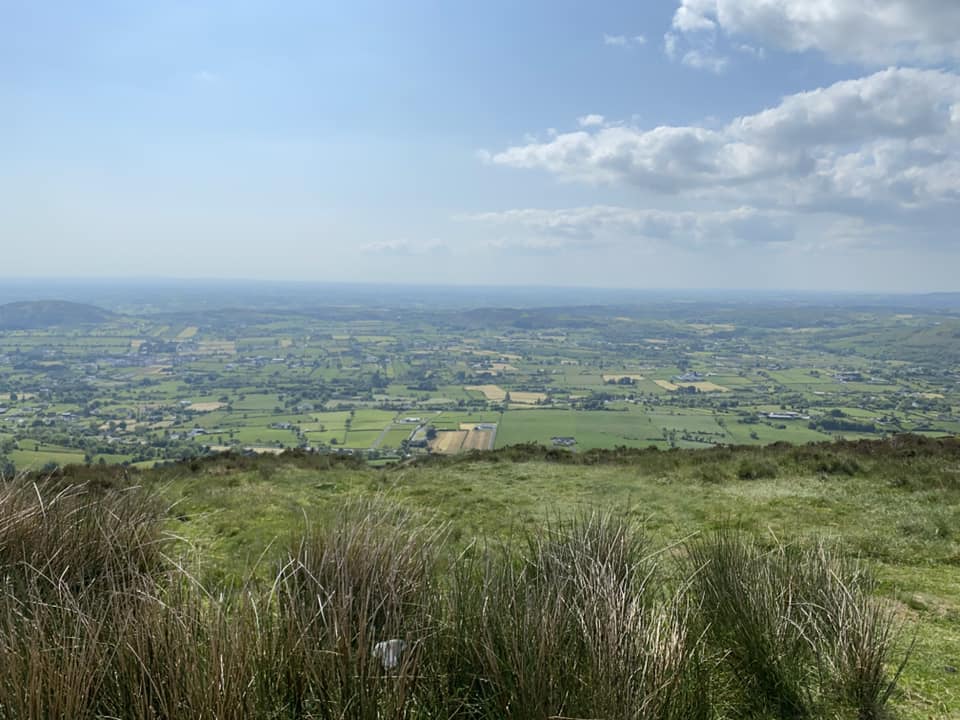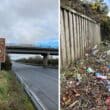
Two Co Armagh projects have each received a share of £300,000 in funding to help deliver peace and reconciliation initiatives.
Seventeen projects across Northern Ireland and the southern border counties have received £3,074,086/ €3,473,717 to deliver peace and reconciliation initiatives.
The funding from the International Fund for Ireland (IFI) enables peace-building efforts within some of the most marginalised communities who continue to live with the long-term impact of The Troubles.
The latest allocations will offer critical support at a grassroots level as many face the realities of austerity cuts and increasing polarisation within communities.
Funding has been awarded across the Peace Impact Programme (PIP), Personal Youth Development Programme (PYDP) and Communities in Partnership Programme (CIPP).
Community Restorative Justice Newry/Armagh will use £204,577 for 24 months to expand on the ‘Digging Deeper Project’, working with residents, women, young people, ex-combatants and disaffected republicans in the Newry and South Armagh area to explore community confidence in policing and facilitate conflict resolution and reconciliation.
County Armagh Community Development, which received £98,582, will lead a project with Clones Family Resource Centre Ltd for 15 months to deliver the cross-border ‘Connect2Gether Project’, in the Armagh, Banbridge and Craigavon Borough Council locale and Clones town and surrounding areas.
The project aims to help promote North-South collaboration and understanding across a range of demographics, through a programme of activities and providing opportunities for participants from both sides of the border to share their lived experiences and create lasting connections.
IFI Chair Paddy Harte said the support is vital in the current climate: “Projects are working against an incredibly challenging backdrop with recent funding cuts across the community sector and ongoing political instability both threatening to undo the progress that has been made in recent times.
“Communities are struggling with identity and culture issues alongside the legacy of The Troubles. Unfortunately, this vacuum provides an opportunity for paramilitary influence, recruitment of young people and anti-social behaviour.
“The IFI is committed to supporting those who need interventions most and we are one of the few organisations who are prepared to take those risks and reach those who have yet to receive direct benefit from the Peace Process.”
He added: “In an important year of reflection around the Good Friday Agreement, we also recognise that the Peace Process has yet to deliver for some communities. We must examine what interventions are required over the next 25 years to make peace inclusive for all.”
The IFI was set up by the British and Irish Governments as an independent international organisation in 1986. It delivers a range of peace and reconciliation initiatives across Northern Ireland and the southern border counties. It currently supports a total of 50 projects in Northern Ireland and 23 in the southern border counties.



